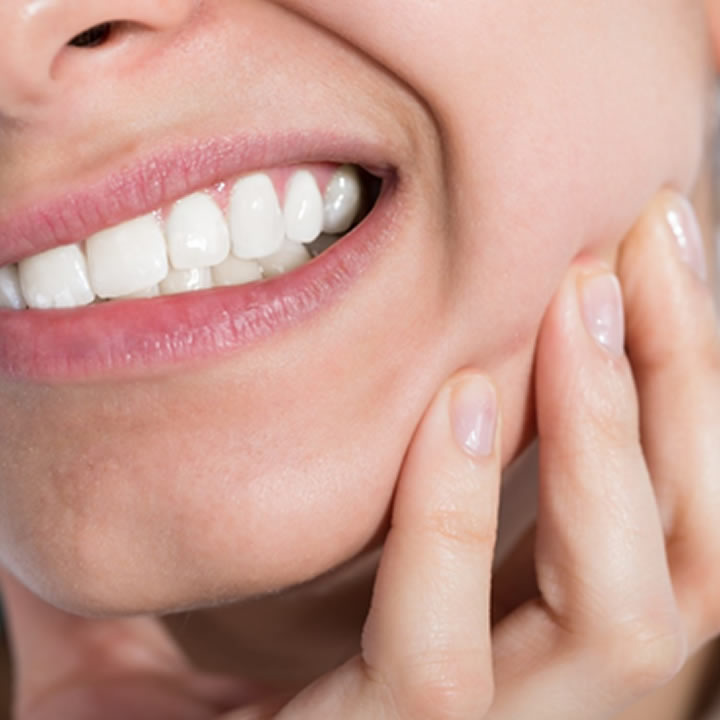Do you ever find yourself clenching your jaw or grinding your teeth at night? If so, you’re not alone. Teeth grinding, also known as bruxism, is a common problem that affects millions of people each year.
But what many people don’t realize is that teeth grinding can be dangerous and can lead to a variety of health problems.
This post will discuss the dangers of teeth grinding and how you can protect yourself from them.
Overview of Teeth Grinding
Teeth grinding is a condition where you grind, gnash, or clench your teeth. It can happen during the day or night and often happens involuntarily. People with bruxism may not even be aware that they’re doing it.
For some people, teeth grinding is a temporary problem that goes away on its own. But for others, it can be a chronic condition that needs to be treated.
Why do People Tend to Grind Their Teeth?
The exact cause of teeth grinding is unknown, but several factors can contribute to it. These include:
- Stress and anxiety: Teeth grinding is often associated with stress and anxiety. If you’re under a lot of stress, you may find yourself clenching your jaw or grinding your teeth to relieve tension.
- Misaligned teeth: If your teeth are not properly aligned, you may grind them to try to get them into alignment.
- Sleep disorders: Bruxism is often linked to sleep disorders such as sleep apnea and insomnia. If you have a sleep disorder, you may be more likely to grind your teeth.
- Medications: Some medications can cause bruxism, such as antidepressants, antipsychotics, and bronchodilators.
- Caffeine: Caffeine is a stimulant that can increase your risk of teeth grinding.
What Are the Dangers of Teeth Grinding?
Teeth grinding can cause a variety of problems, including:
- Tooth damage: Teeth grinding can wear down your teeth and make them more likely to break.
- Jaw pain: Bruxism can cause jaw pain and soreness.
- Headaches: Teeth grinding can lead to headaches due to the tension it puts on your jaw.
- Ear pain: The grinding can also cause ear pain and ringing in the ears (tinnitus).
How Can You Stop Grinding Your Teeth?
If you think you may be grinding your teeth, it’s important to contact a dental professional immediately so they can diagnose the problem. Once bruxism has been diagnosed, there are several things you can do to stop it, including:
- Practicing stress relief: Reducing stress and anxiety can help to reduce teeth grinding. Some stress-relieving techniques include exercise, relaxation exercises, and massage.
- Wearing a mouth guard: A mouth guard can protect your teeth from the damage caused by grinding.
- Avoiding caffeine: If you think caffeine may be contributing to your teeth grinding, try eliminating it from your diet or reducing your intake.
- Treating sleep disorders: If you have a sleep disorder, treating it can help to reduce bruxism.
The Verdict
Teeth grinding can be a dangerous condition that can lead to various problems. If you think you may be grinding your teeth, talk to a dentist so they can diagnose the problem and help you find a solution.

